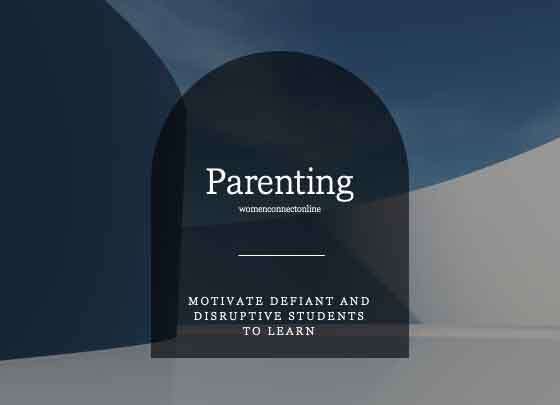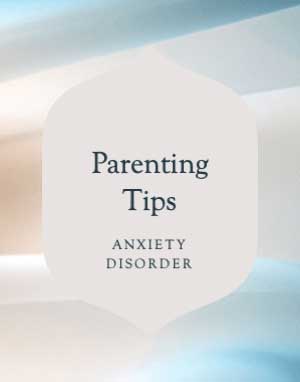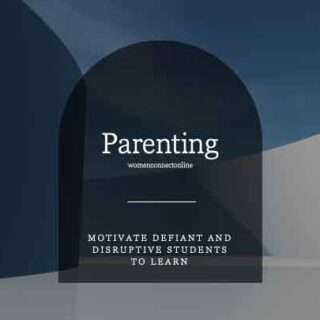When Little Drew Becomes Little Dracula: Dealing with Biting

By Carolyn Roy-Bornstein
You worked hard to find just the right preschool program for your child. You met with the teachers, watched the other children interact, and talked with a few of the parents. You bought a lunch box and some new outfits. You took photos on the first day. And your little one came home with exciting stories and pictures for the fridge. Everything seemed to be going smoothly. So when the phone call came in from one of the teachers, you thought they must be calling to tell you how brilliant and adorable your child is, right? But, wait. He did what? He bit another child? Now what?
Occasional biting among toddlers and young children is quite common, as any child care provider can tell you. It’s important to try to figure out why the child is engaging in the behavior, so that strategies to avoid it can be developed. In very young kids who are teething, biting may be as innocent as trying to find something to rub his gums against to make them feel better. In this case, a little Tylenol or teething gel may be all that’s required. Sometimes observing the child at play can give clues to a rising frustration level. Intervening with some redirection can often prevent a bite from happening in the first place.
If a child does bite, tell her that it’s wrong and why. A simple “We don’t bite. It hurts” will do. Teach her more appropriate ways of getting what she wants and redirect her quickly. Be a good role model yourself. Work out your own differences with patience, calm and civility. Provide a loving environment and warm, consistent discipline. Try to spend some one on one time each day, even if it’s only 10 or 15 minutes, with your child. Label it Special Time or Drew’s Time and let the child choose the activity. Then honor it. (No phone calls or making shopping lists on the side) Also remember that it’s easy to notice children when they’re misbehaving, especially when tears are involved. Biting can bring lots of attention. But it’s the “good” behaviors, the sitting quietly playing or sharing nicely with other children that may go unnoticed or unrewarded. When our children are quietly occupied, it’s tempting to use that time to set the table or throw in a load of clothes. But “catching them being good” has its own rewards. A simple “Mommy’s so proud of you for sharing” or “You’re being such a good girl” during those times brings the good kind of attention and reinforces appropriate or desired behaviors.
Never use physical punishment like spanking or biting the child back. It’s confusing to children and sends a mixed message. (The issue of corporeal punishment will be further addressed in an upcoming Pediatric Points.) Also make sure children are getting adequate sleep and good nutrition. None of us are at our best when we’re hungry or tired.
While occasional biting is within the range of normal, repeated acts of aggression may need further evaluation or more intensive therapy. If you or your child care provider are concerned, discuss it with your pediatrician.
Carolyn Roy-Bornstein’s essays and short stories have appeared in many journals and anthologies including JAMA, The Writer, Brain,Child, Literary Mama, Kaleidoscope, Archives of Pediatrics & Adolescent Medicine, The Examined Life and Chicken Soup for the Soul. Her flash fiction won third place in a Writer’s Digest Short Short Story competition. Her new memoir CRASH!:When Grief and Gratitude Collide will be published by Globe Pequot Press October 2012. Read more at www.carolynroybornstein.com.







